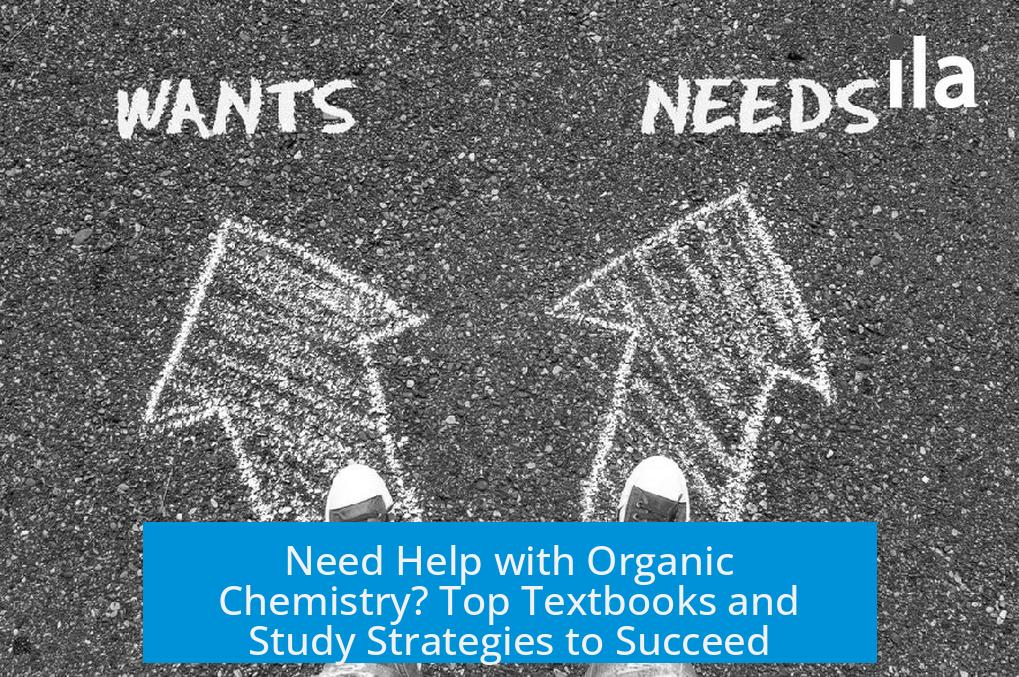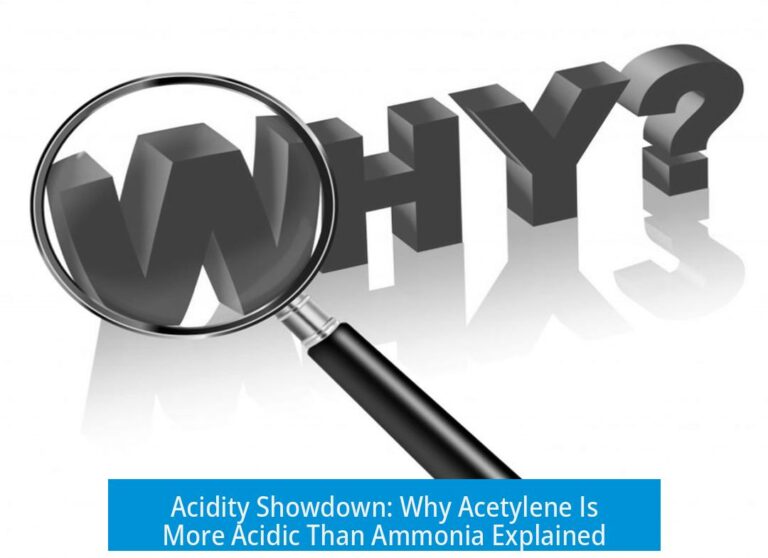Need Help in Organic Chemistry Learning
Students needing help in organic chemistry should start with solid textbooks and focused study strategies. The right materials and approach can simplify complex concepts and improve comprehension.
Recommended Textbooks for Learning Organic Chemistry
- Klein Textbooks: Excellent for self-teaching. Students can find these textbooks online for free, making them accessible and practical.
- McMurry Textbook and Solutions Manual: Ideal starting point. Buying used copies online is affordable, and working through problems is critical. Ensure the editions match for textbook and solutions manual.
- Clayden’s Textbook: Preferred for those seeking in-depth understanding. Effective for students with a strong general chemistry background. It helps avoid relearning later.
- Organic Chemistry by Solomons, Fryhle, and Snyder: The adapted JEE edition by MS Chauhan provides a clear introduction, suitable for gaining general knowledge of organic chemistry.
- Mechanism in Organic Chemistry by Peter Sykes: Recommended for mastering reaction mechanisms in depth.
- Vollhardt Organic Chemistry: A comprehensive resource used widely for better clarity and detail.
Effective Study Strategies and Areas to Focus On
Practice is essential. Consistent problem-solving from textbooks, particularly those with solutions manuals, aids retention.
Laboratory experience complements theory, providing hands-on understanding of reactions and procedures.
Key Theoretical Concepts
- Orbital box diagrams in quantum chemistry provide insight into molecular bonding.
- Periodicity and Lewis dot structures help visualize electron distribution and chemical behavior.
- Bond theory chapters explain the forces behind organic molecule stability and reactivity.
Summary of Key Takeaways
- Use recommended textbooks like Klein, McMurry, and Clayden for foundational learning.
- Practice problems with solutions manuals for skill reinforcement.
- Engage in laboratory work to link theory and practice.
- Focus on quantum chapters including orbital diagrams and bonding theories.
What textbooks are best for self-teaching organic chemistry?
The Klein textbooks are highly recommended for self-teaching. These are available online for free and focus on clear explanations without complicated manuals.
Which book helps most with reaction mechanisms in organic chemistry?
Peter Sykes’ “Mechanism in Organic Chemistry” is a solid choice for understanding reaction mechanisms in detail. It dives deep into how reactions occur step-by-step.
How important are practice problems in learning organic chemistry?
Working through practice problems is crucial. Using the same edition of the textbook and solutions manual helps reinforce concepts and improves problem-solving skills.
What study topics should I focus on in organic chemistry?
Key areas include orbital box diagrams, periodicity, Lewis dot structures, and bond theory. These provide a strong foundation in understanding molecular structures and behavior.
Is laboratory experience necessary for mastering organic chemistry?
Yes, practical experience in the lab is important. It helps connect theoretical knowledge with real-world chemical reactions and techniques.





Leave a Comment